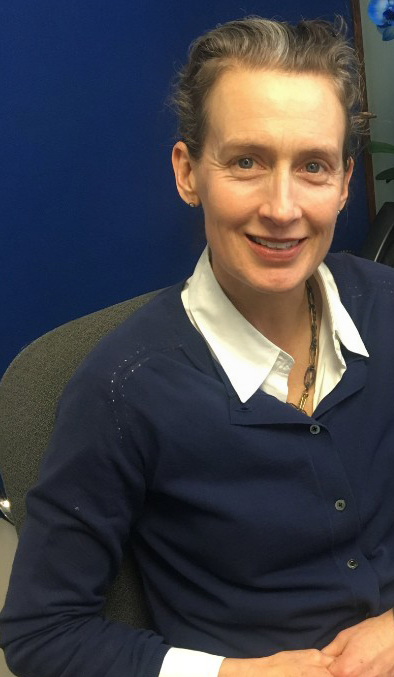The Dilley, Texas Detention center houses up to 2400 immigrant children and women who have fled their home countries in search of safety. It is the largest immigrant family detention center in the United States located in a remote area in Southern Texas. The Corrections Corporation of America (CCA) is a private entity that operates Dilley. In 2012, CCA spent nearly $1.8 million lobbying Congress and federal bureaucracies on issues relating to immigrant detention and information disclosure legislation. Since the elections, the Corrections Corporation of America (now CoreCivic) saw its stock price jump 43 percent.
IIBA staff attorney Sara MacPherson recently traveled to the Dilley, Texas Detention Center. As a volunteer with the CARA project Her role was to conduct “credible fear determinations”. This process allows an individual to provide information which can help establish they have suffered persecution or have a well-founded fear of persecution were they to return to their home country. Persecution must be based on one of the following grounds: race, religion, nationality, membership in a particular social group, or political opinion.
Sara’s weeklong interviews gave her a deeper understanding of the humanitarian crisis that has forced these refugees to flee their home countries. The majority of women and children are fleeing violence in Central America.
“My time at Dilley gave me insight into the long and arduous path these women and children have been forced to endure before ever getting the chance to work with an agency such as IIBA to actually submit an asylum application”.
“My job was to interview these refugees and find the elements that would best prove to an immigration judge that they had a protected reason and claim to seek asylum in the U.S. I met with 10 to 15 women a day and would sometimes be given only 20 minutes to hear each woman’s story”.
Without legal assistance, many of these women are returned to their home countries and certain danger. However, “with the help of the CARA project, the pass rate for women who meet with a pro bono attorney is 95 to 97 percent,” Sara explains.
Upon being released from the detention center most women cannot pay the $2,000 to $8,000 bond fees and therefore must wear ankle monitors. Some women get them removed after a month or so, and others have to keep them on until their asylum claim is filed. “At Dilley, we told women that in the worst case scenario they would keep them on for a year”.
When Sara returned to the Bay Area, she received word that one of the women she had met had been granted release to San Diego. The woman and her son sent their thanks to Sara and all those who had helped.




